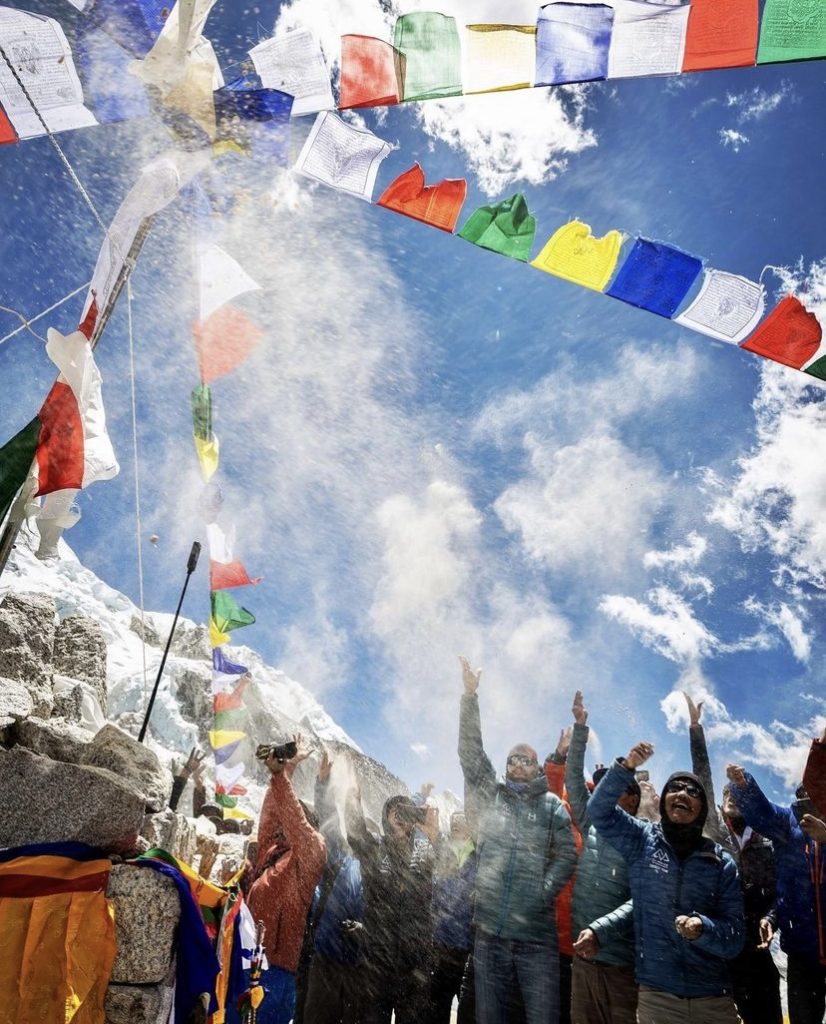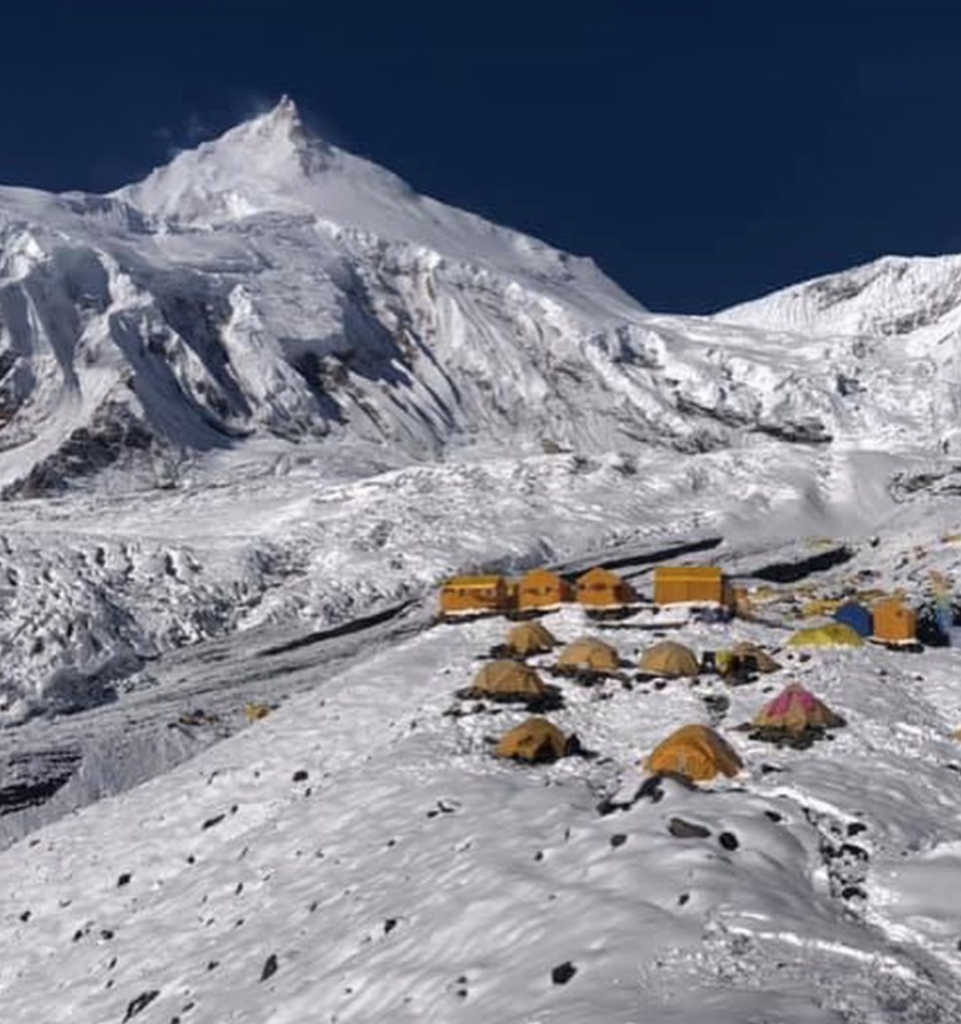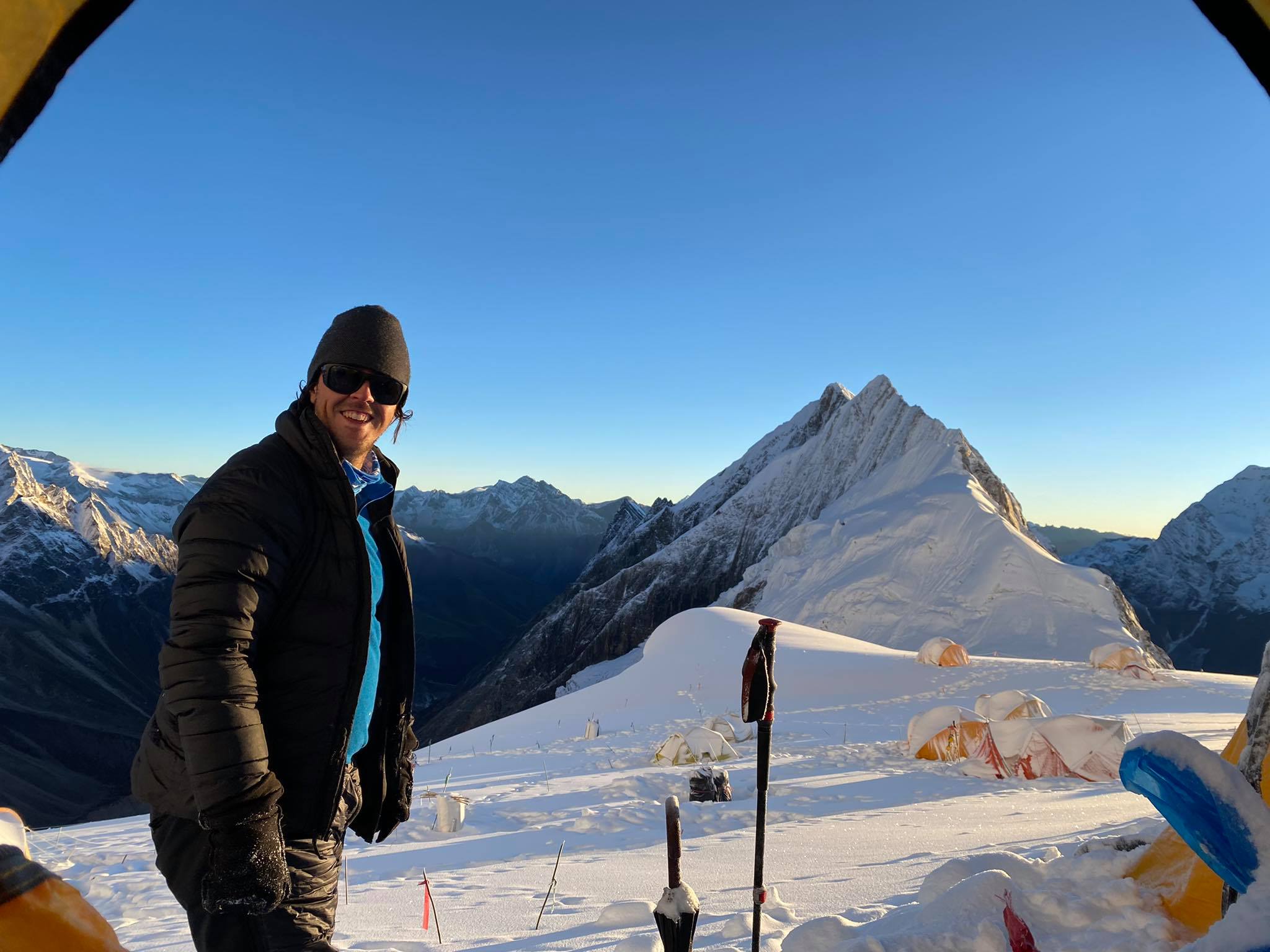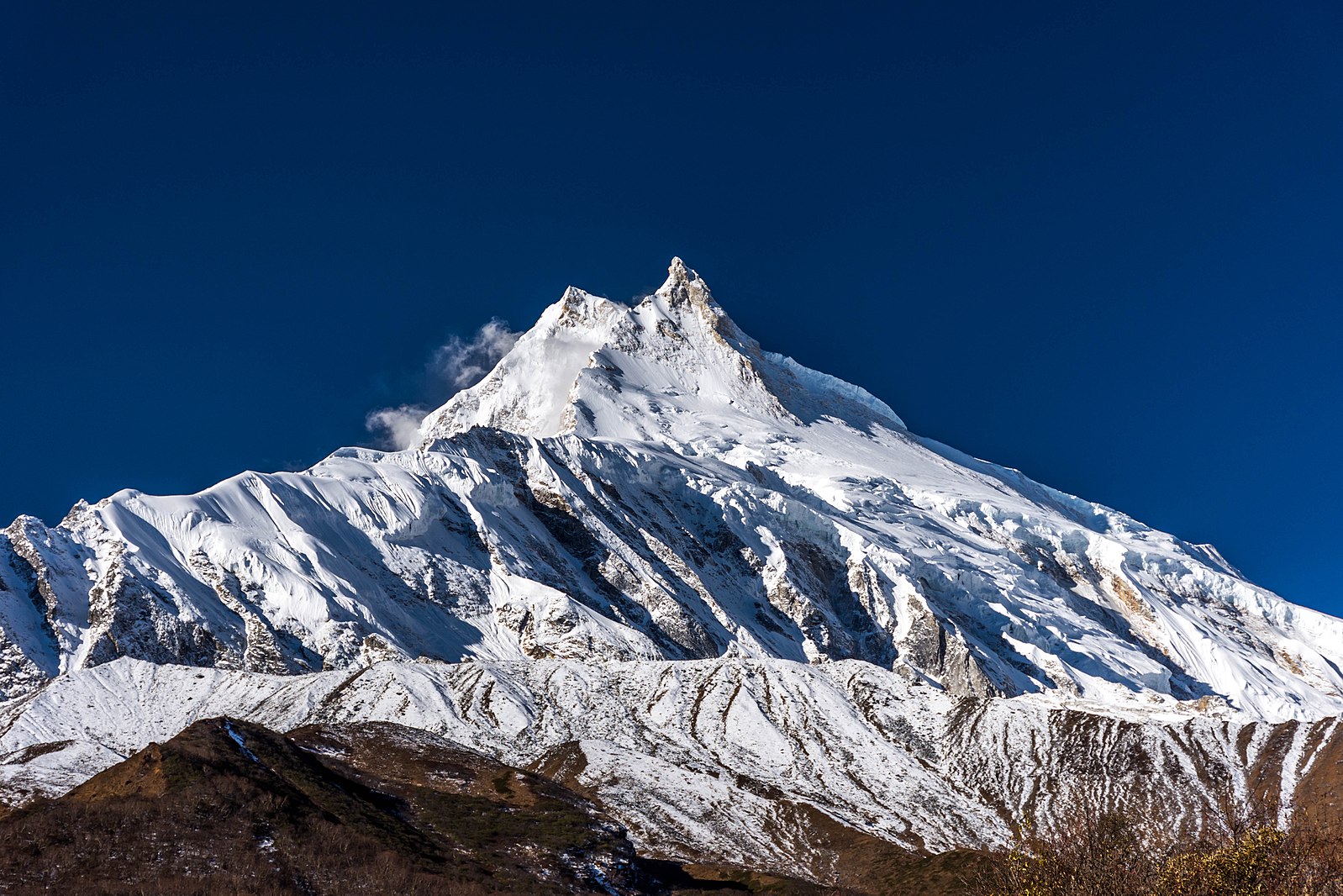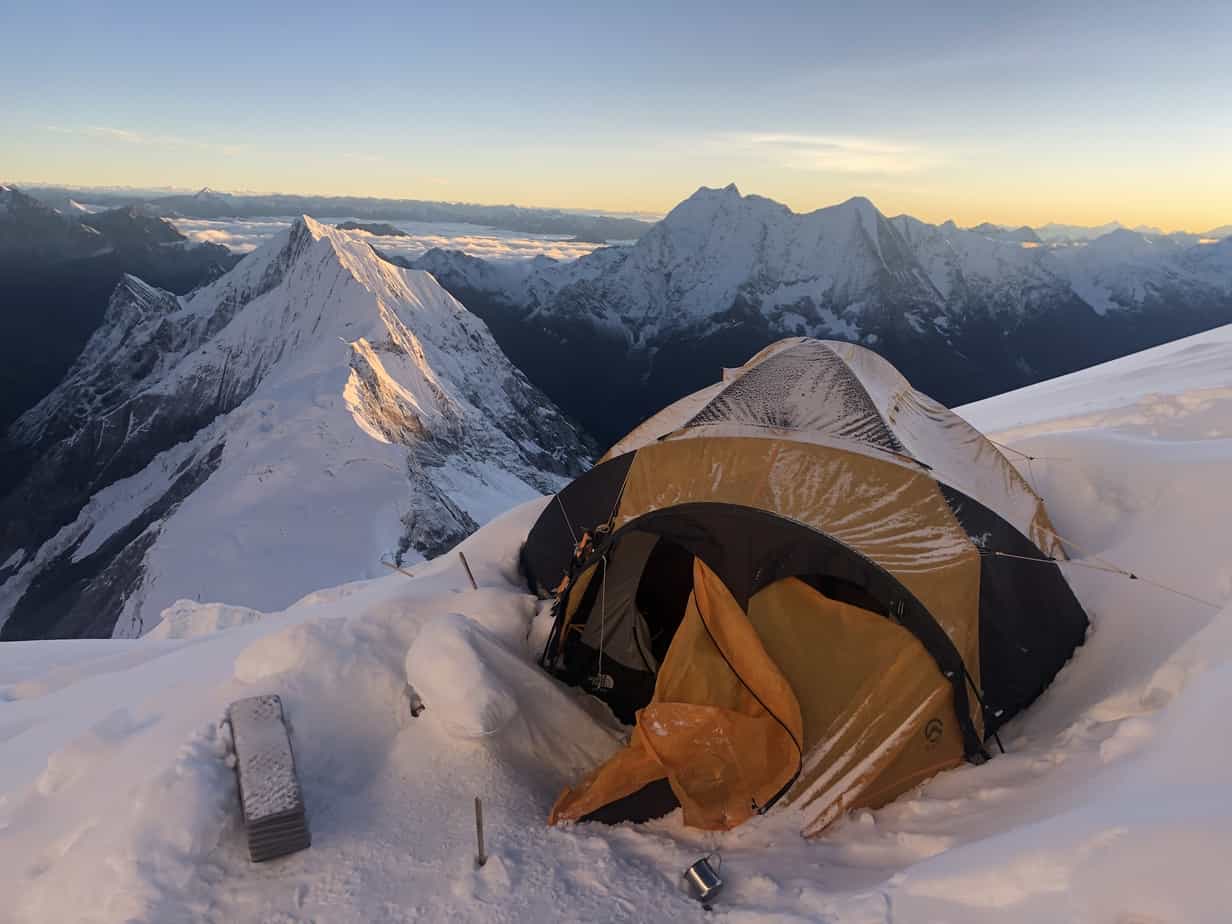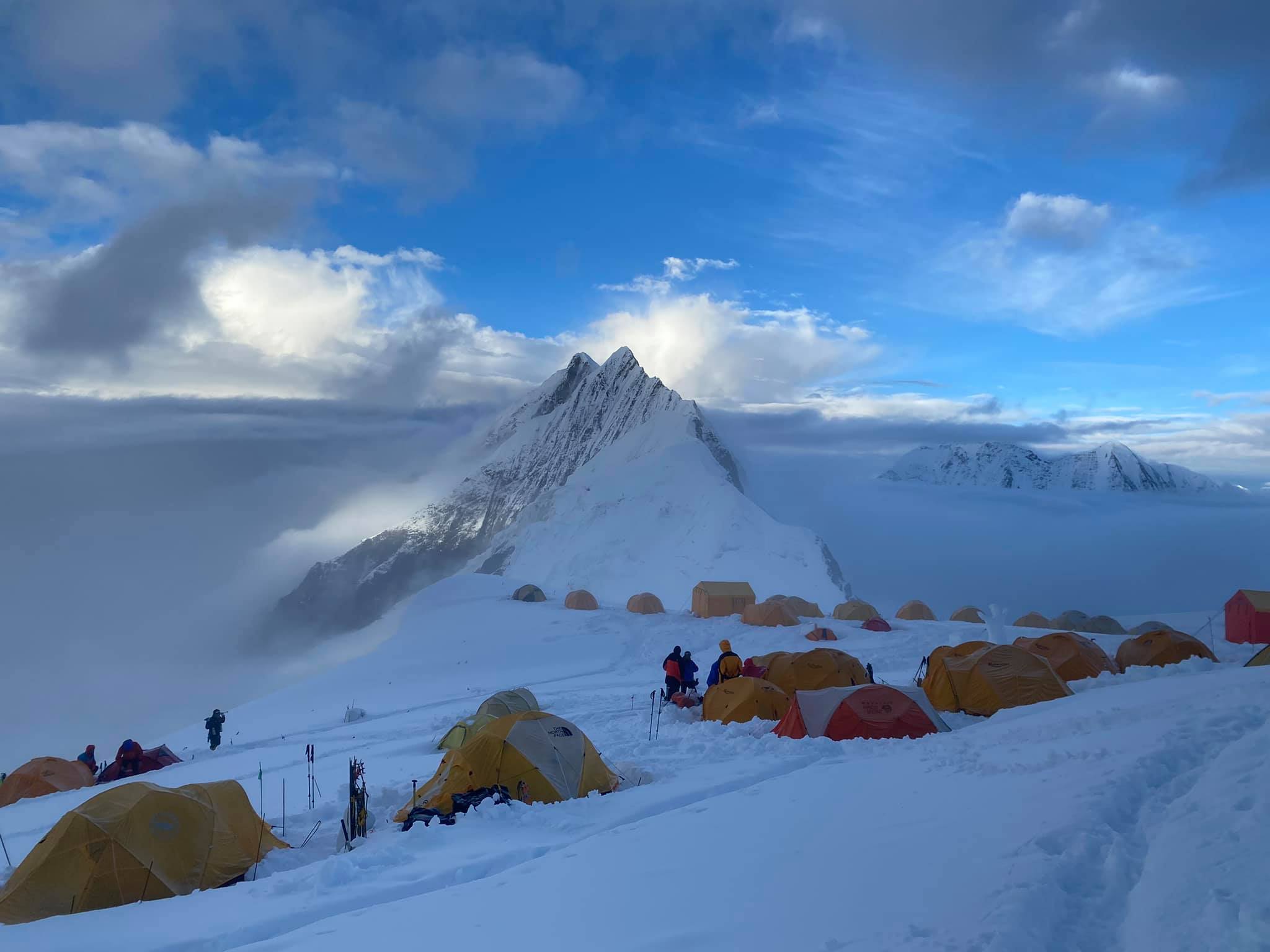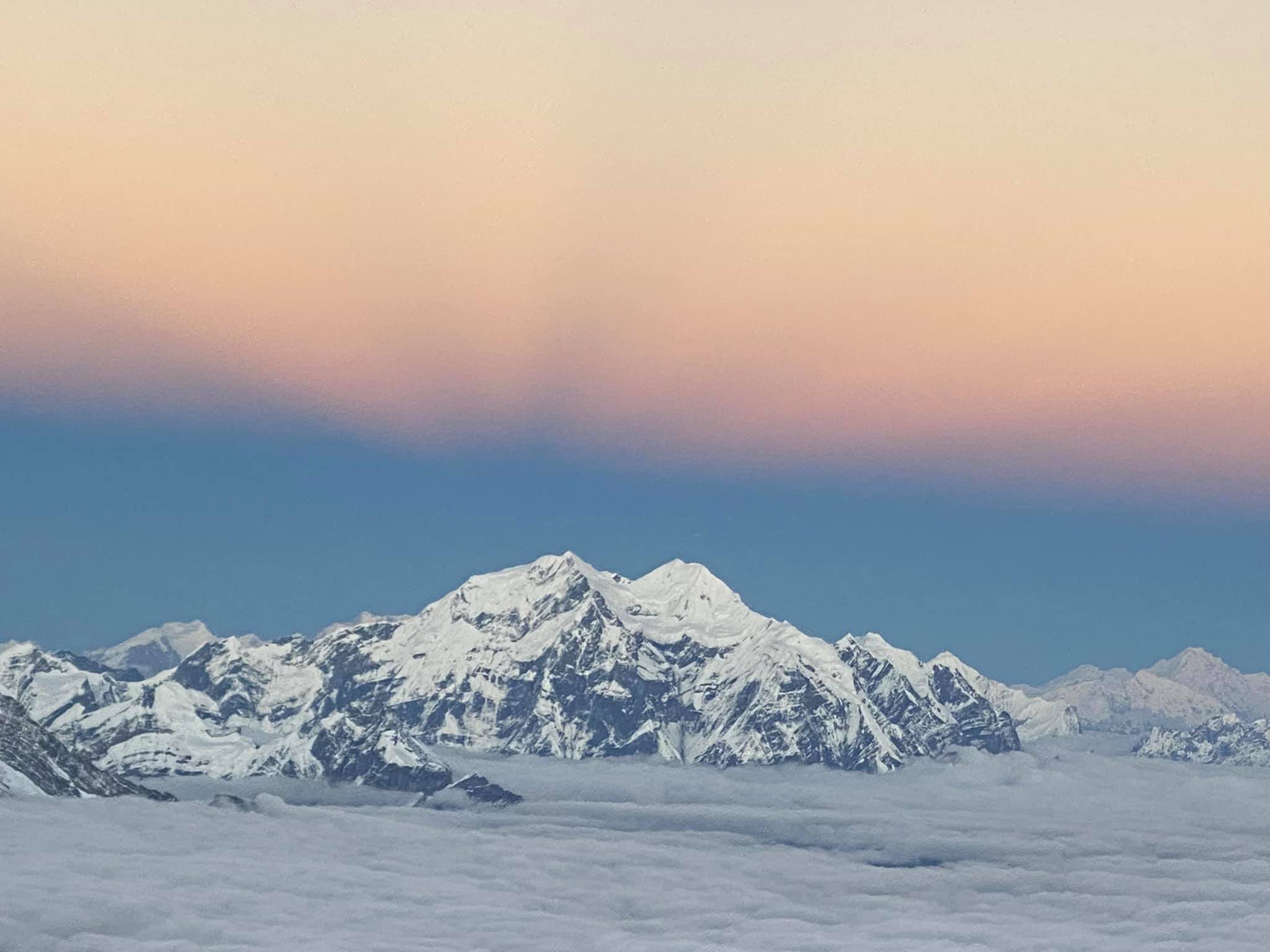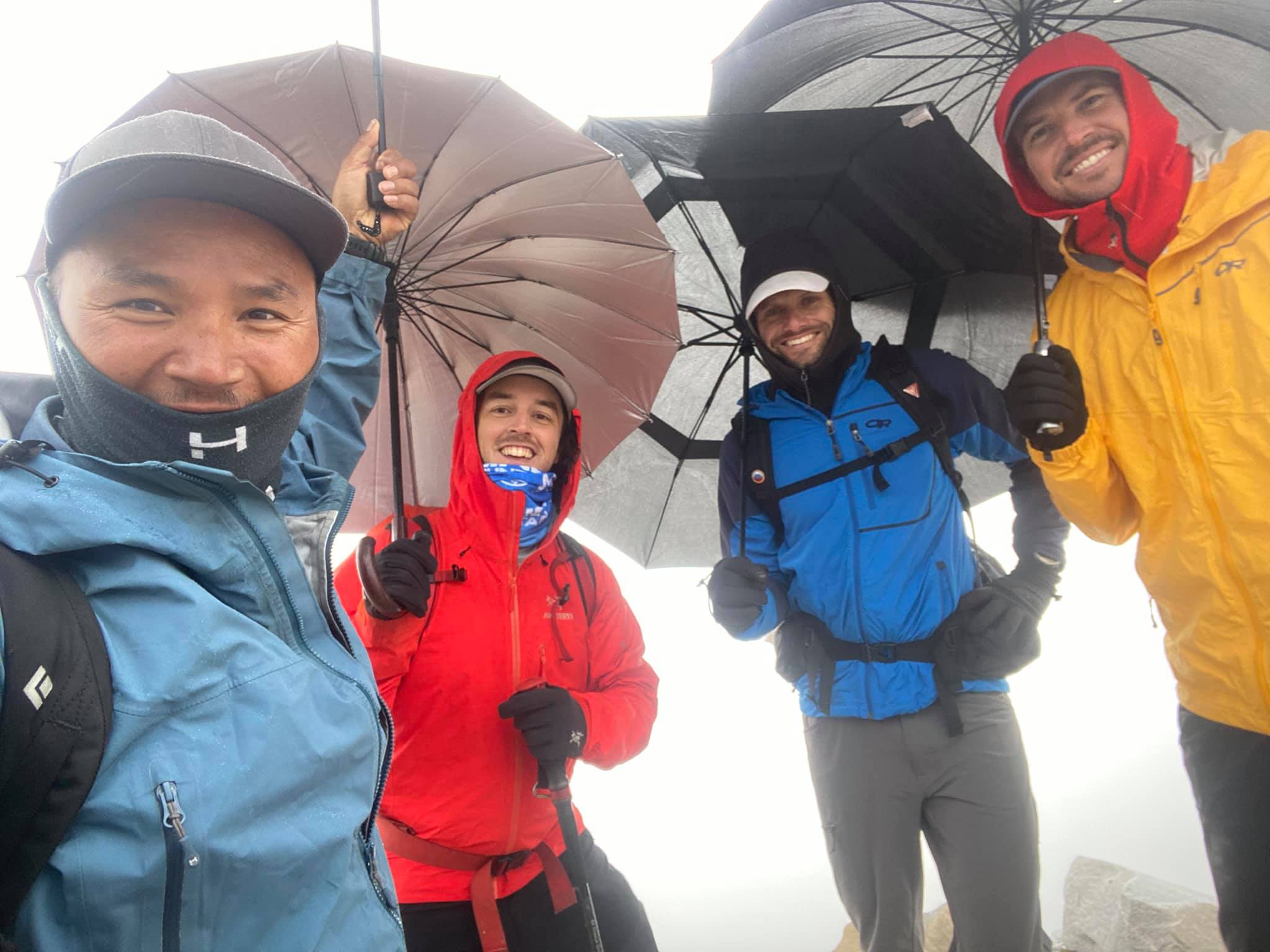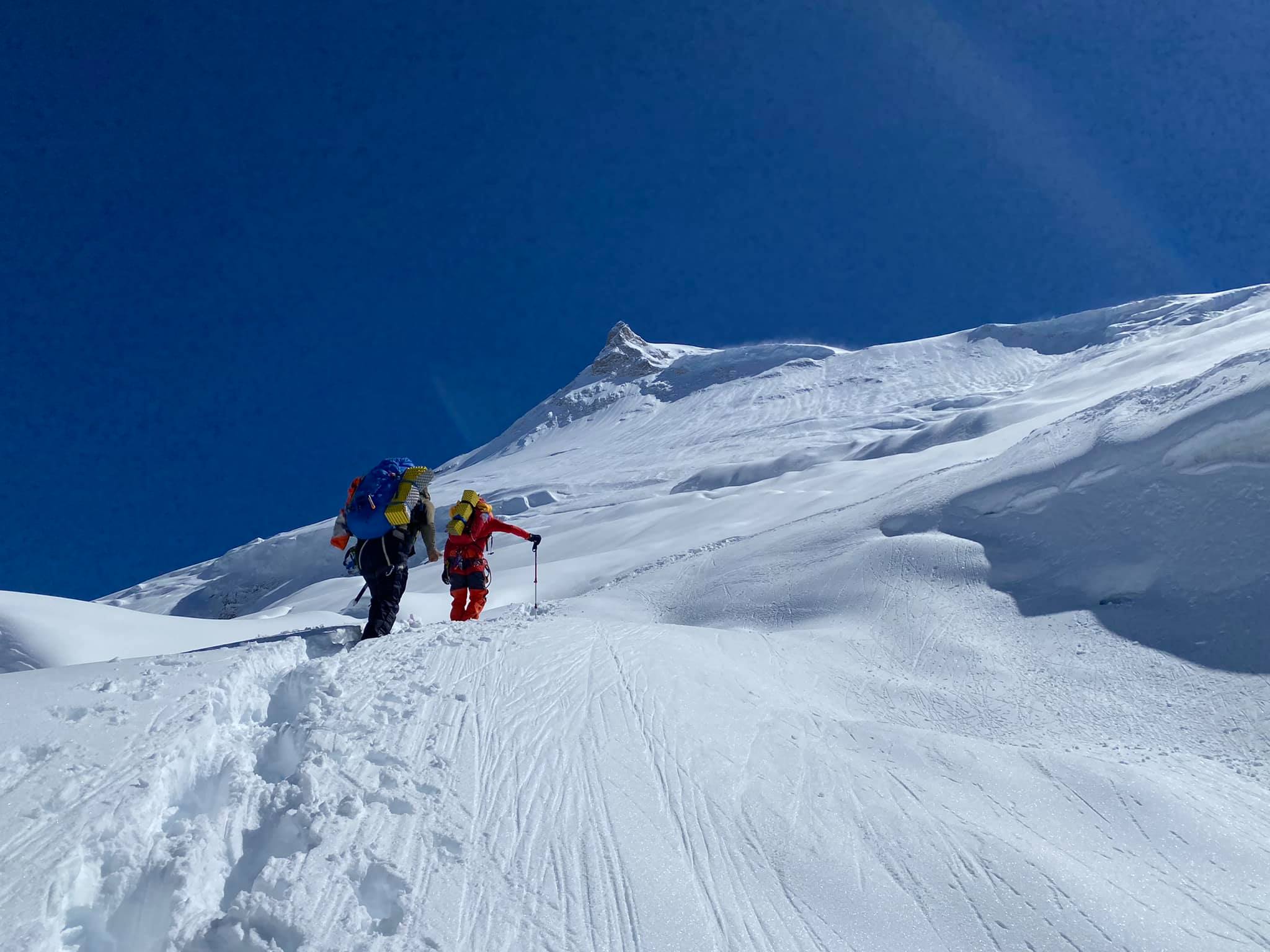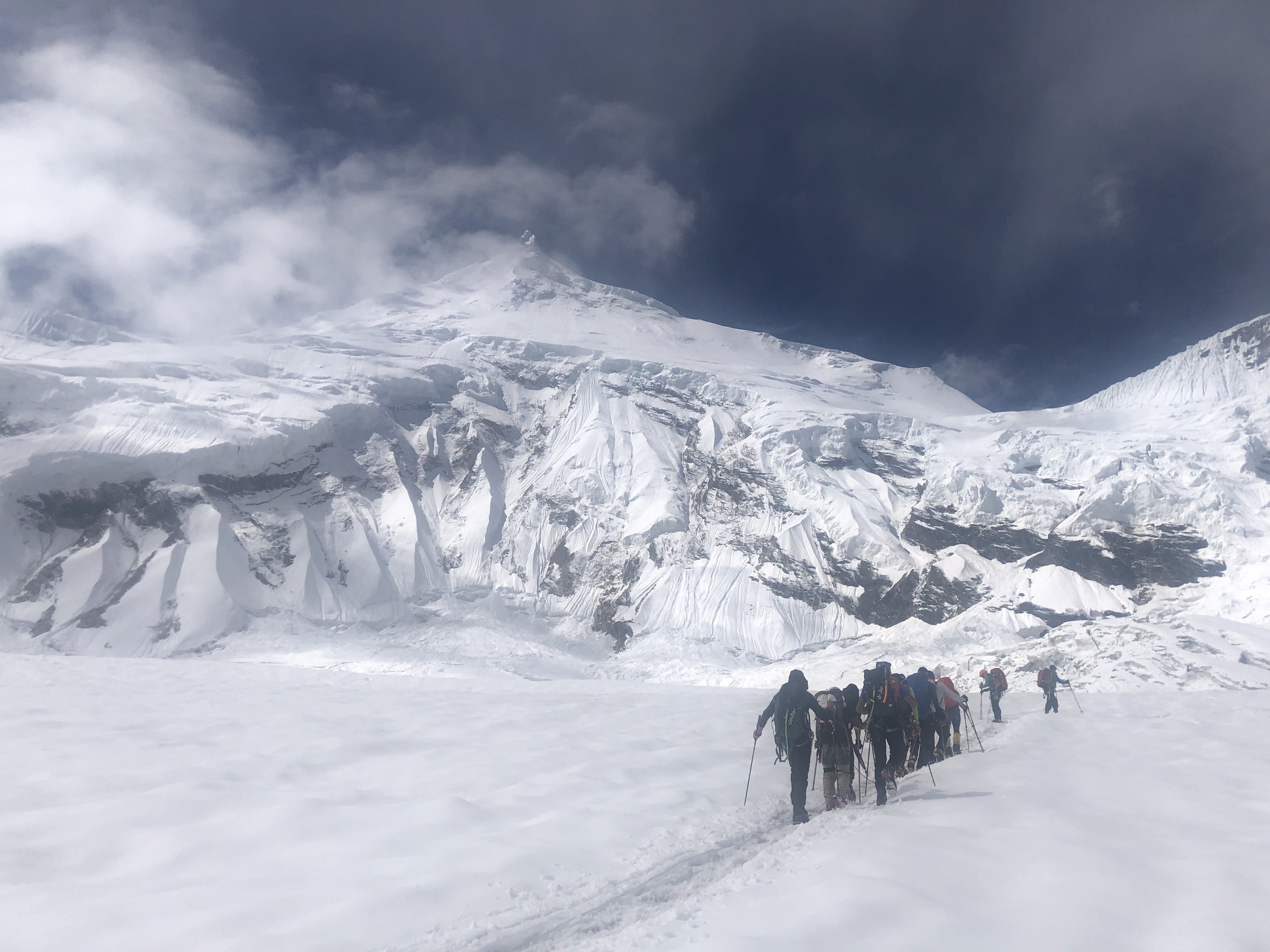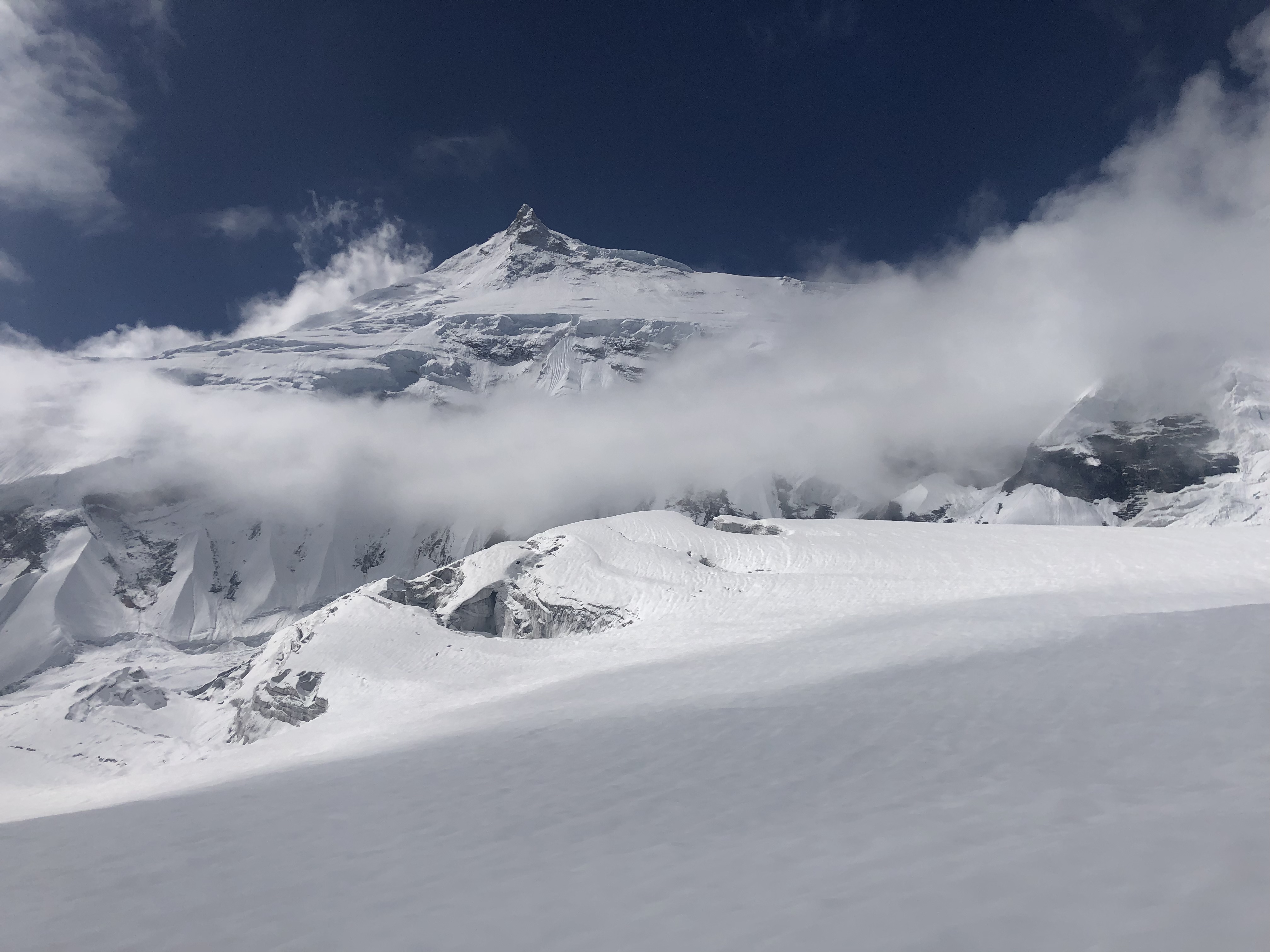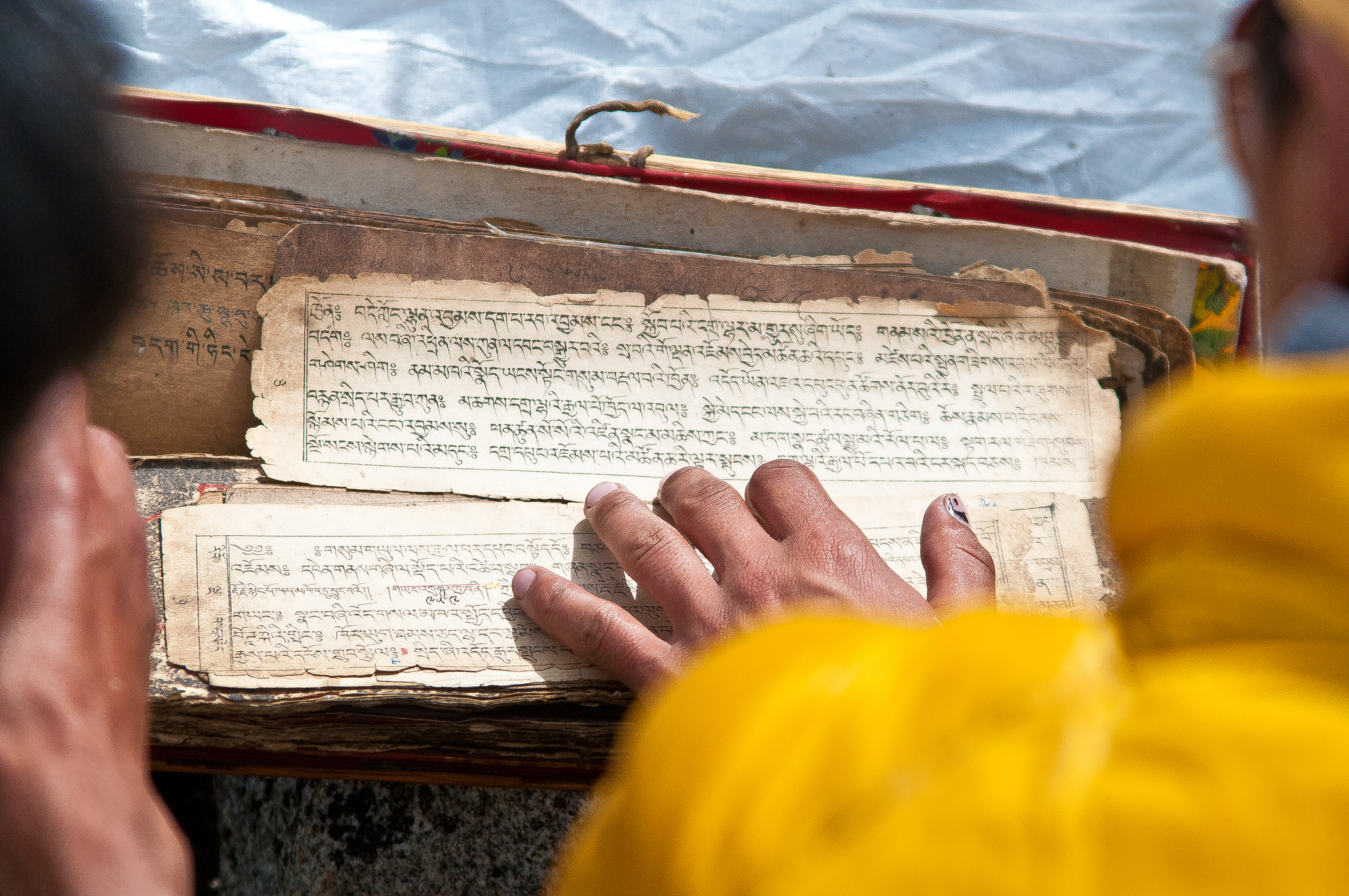...In Tribute to Brent Seal...
We are deeply saddened to acknowledge the tragic passing of valued Manaslu team member and experienced mountaineer Brent Seal (37) from Langley, British Columbia, Canada.
Brent passed away at 7,885m on the morning of the 28th September 2021.
Brent climbed strongly throughout the summit bid and the entire expedition. He was in good spirits, eating, drinking and talking with his Guide prior to a sudden collapse during a rest stop. Emergency first aid & CPR was administered at the scene but was unsuccessful.
Brent was a quintessential and highly experienced climber who had been mountaineering since he was young. Brent successfully climbed several of the world’s highest and most challenging peaks including Aconcagua (2016), Denali (2016), and Pico de Orizaba (2019). He also conquered many peaks closer to home and especially loved climbing throughout the Squamish region. A true gentleman, he was one of the most enthusiastic, humble, kind and prepared teammates we've ever had the pleasure of climbing with. He founded Mavrixx, a Vancouver based organization that focused on redefining mental health by providing education and workshops to promote optimism in the face of struggles and setbacks. He dedicated his life to supporting people with mental health challenges and by sharing his lived experiences, inspired them to take control of their mental health and wellness, and live great lives.
We are proud to have had him as part of our team and are deeply saddened and shocked by his passing.
Our focus is in supporting his loved ones during this unimaginably difficult time and we ask for your assistance in this by respecting their privacy.
CTSS Team & Seal Family.
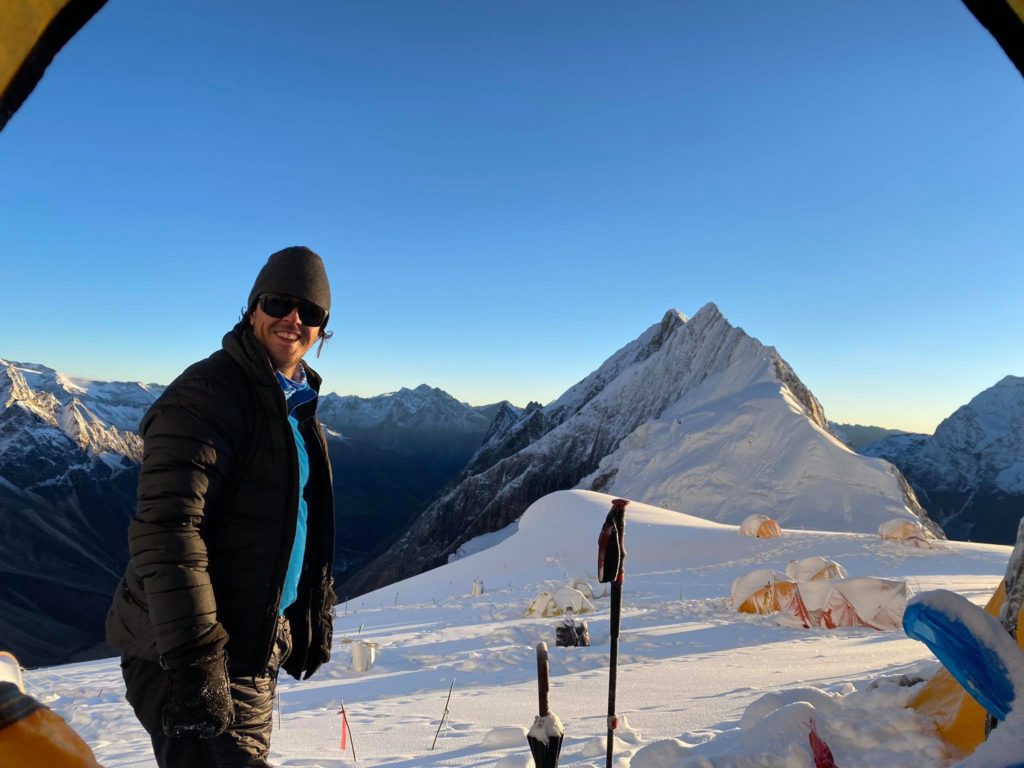

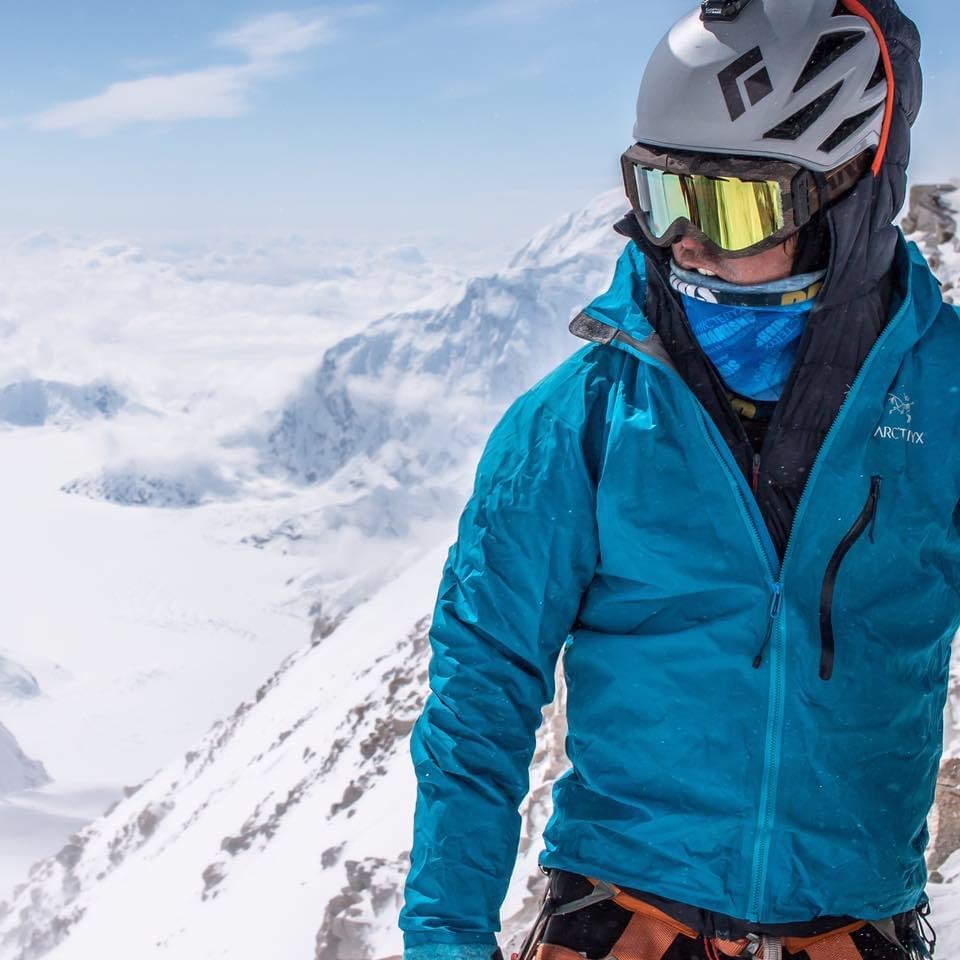
...Cruising to Camp 4 on Manaslu...
The team just called in with great reports of a strong and straightforward climb up to Camp 4! They are now in position for their summit.
Guide Tendi said the team climbed extremely well in approx. 5hrs up to High Camp with nice clear skies this afternoon.
They are now bedding down for some well deserved rest before heading up toward the summit later tonight. They plan to leave camp around 1am.
Nice and clear weather right now, with more of the same in the forecast, a bit of moisture in the air tomorrow but low winds.
Go Team! Goodluck!
Cheers
CTSS Team
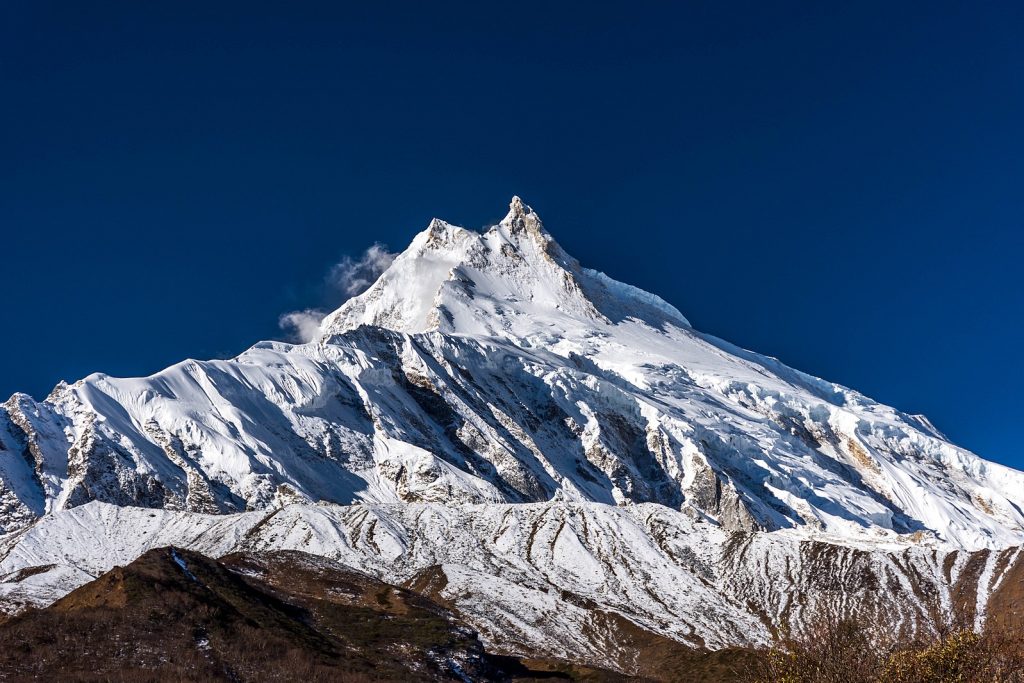
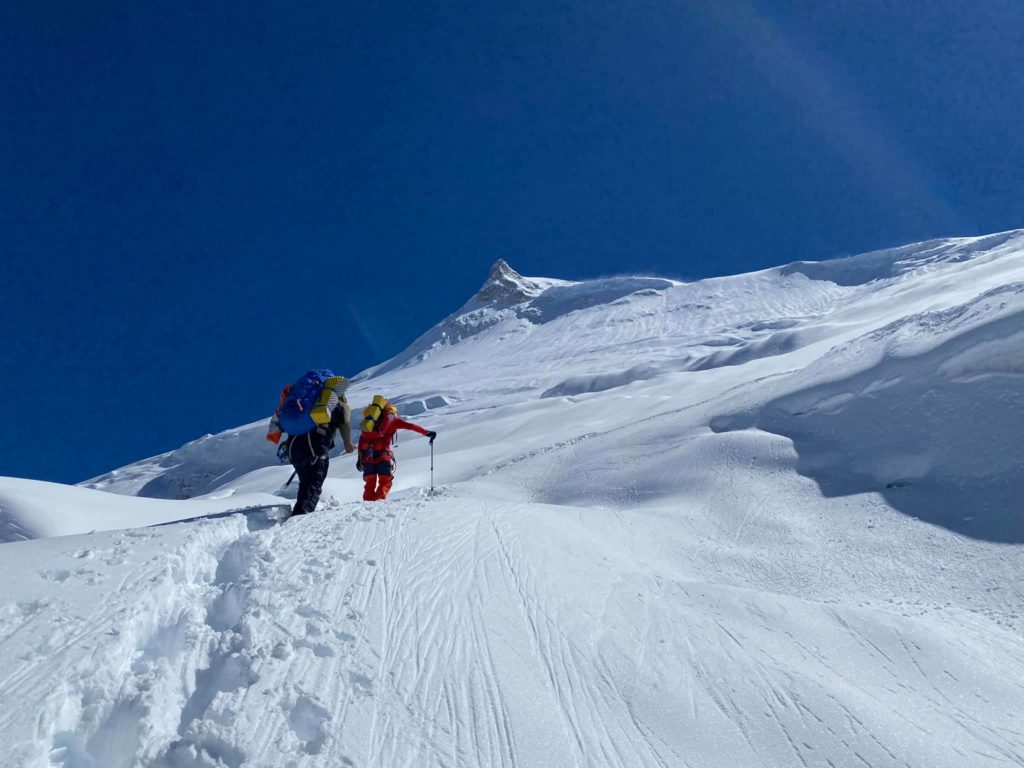
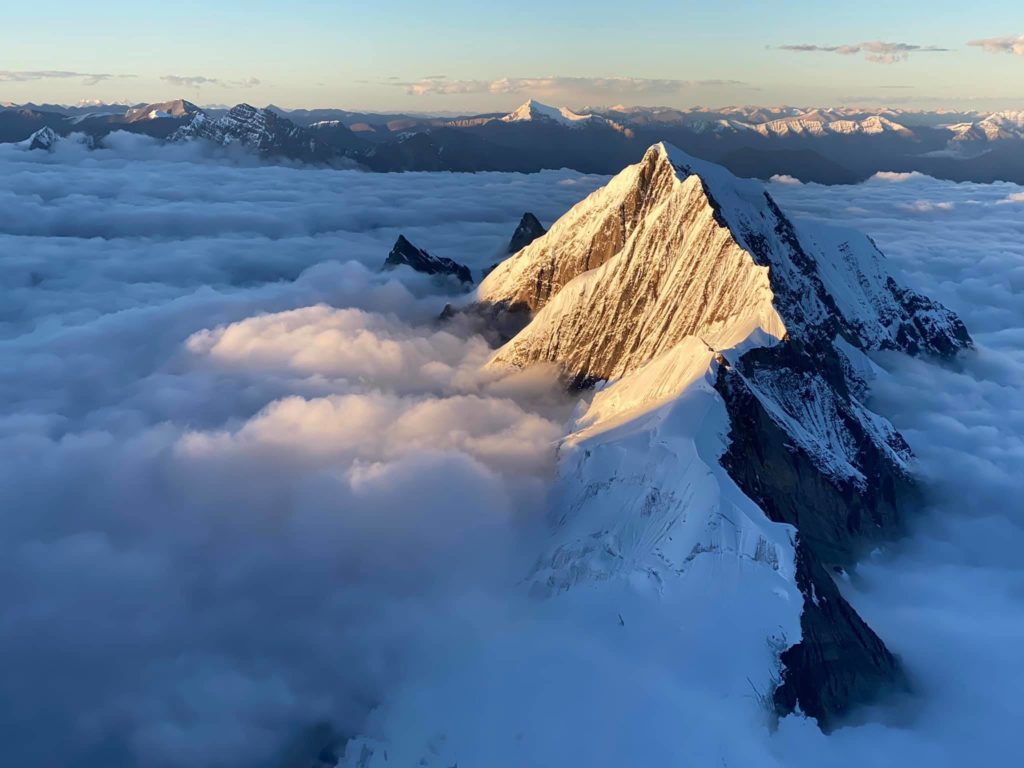
...Manaslu Camp 3...
The team just called in from Camp 3 on a beautiful morning on Manaslu.
They had some snow down low yesterday but a clear, starry night at Camp 3 last night. A few scattered clouds this morning but those should clear into another beautiful day for their climb to Camp 4. They'll give us another call from Camp 4 this afternoon.
Guide Tendi reported that the team slept really well, no headaches so they are acclimated well and they are strong.
Cheers
CTSS Team

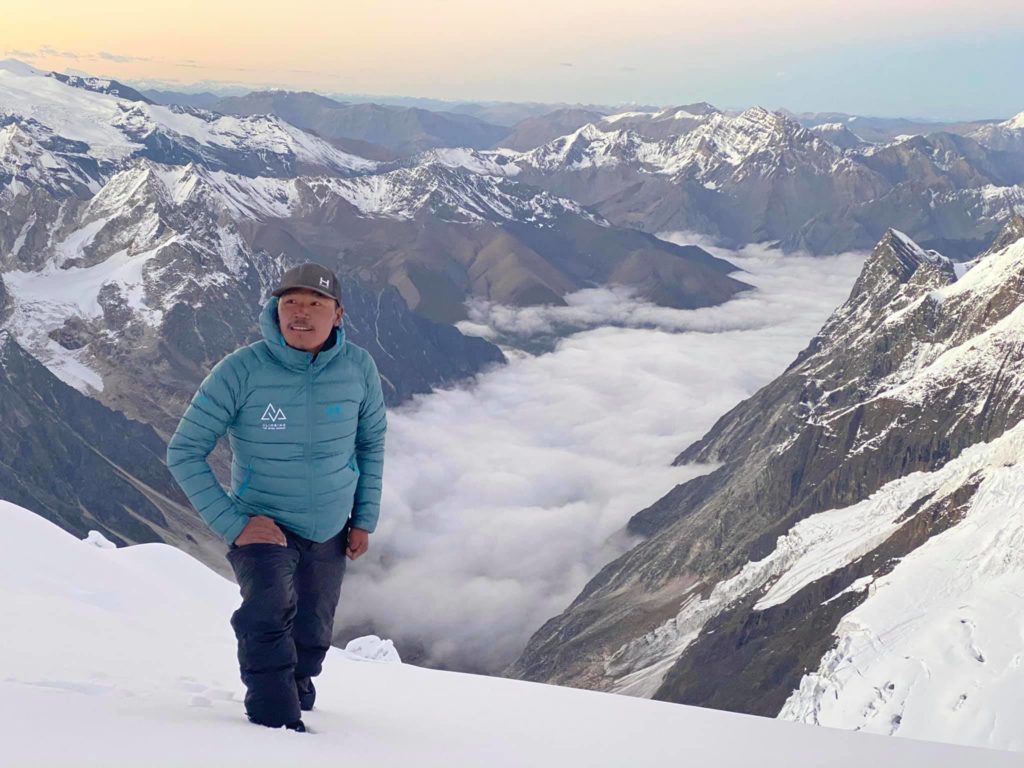
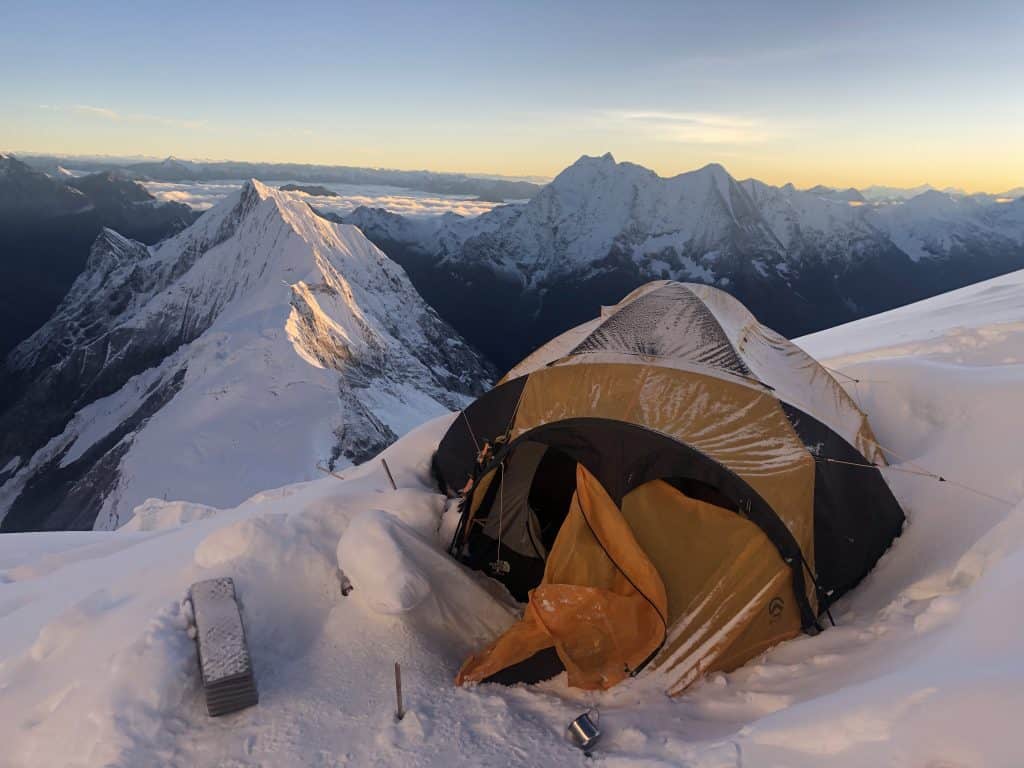
...Manaslu Team to Camp 2...
Quick update today with the team focused on their climb. They are safely into Camp 2 taking advantage of this clear weather. Tomorrow they'll head up to Camp 3 and check in from there.
Weather is still holding beautifully for the summit in a few days and they're climbing strong and feeling good.
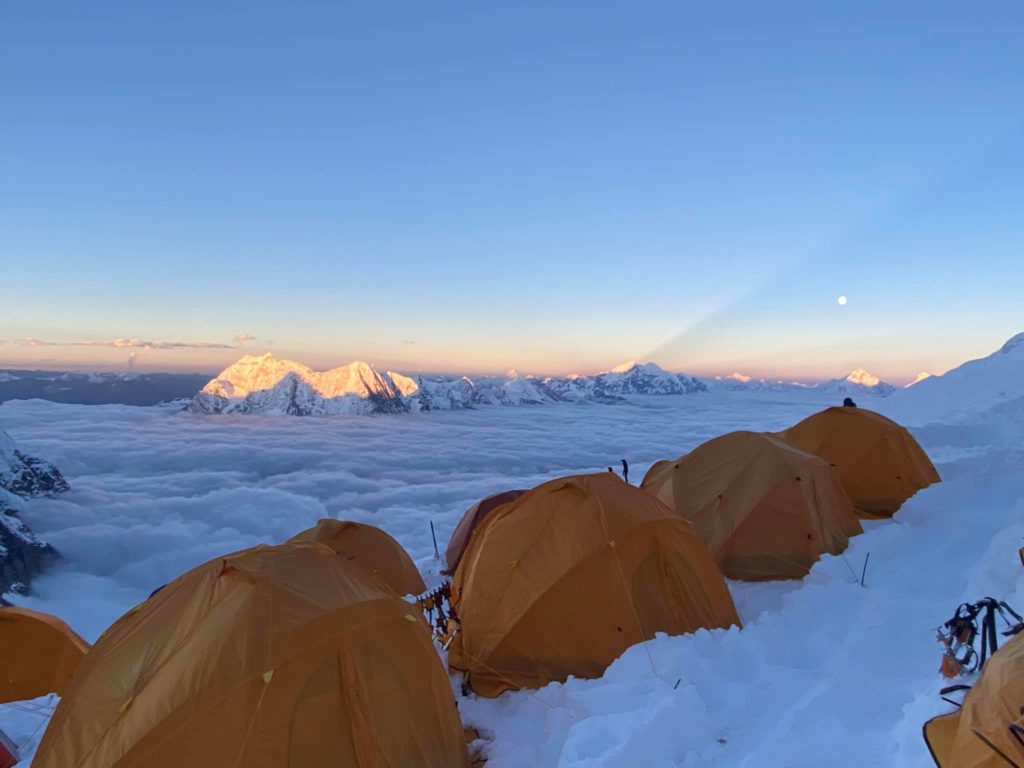


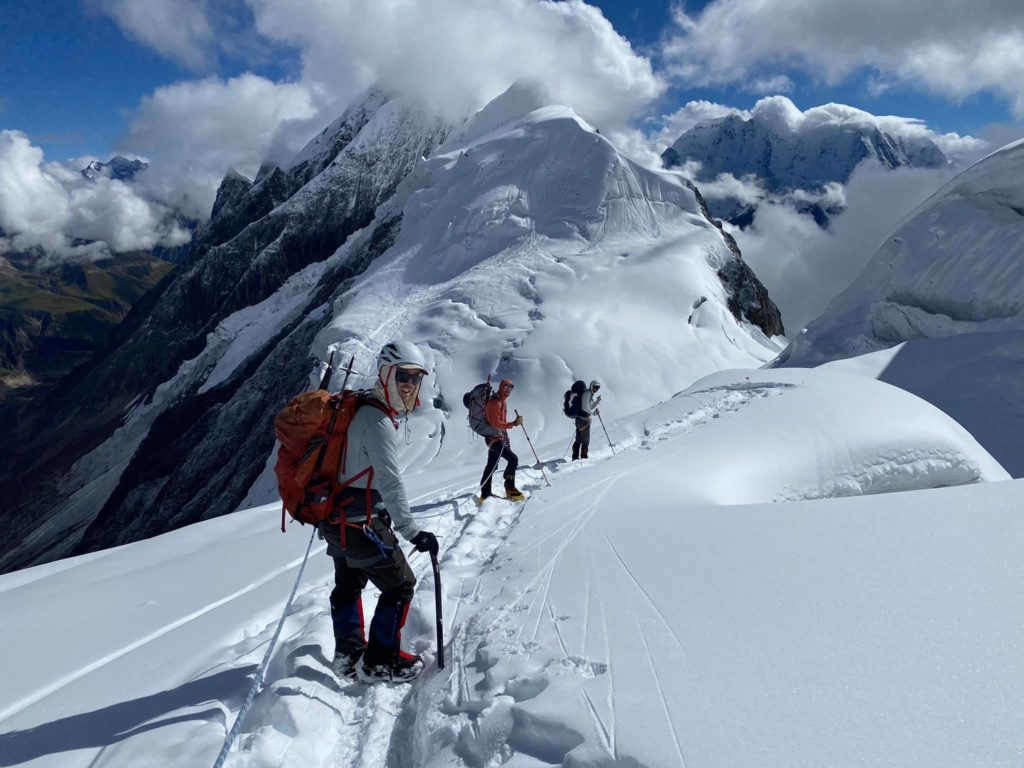

...The Summit Begins on Manaslu...
After two great rotations and some well deserved rest our Manaslu team are rolling out of Base Camp today for their summit bid (approximately 4 days up/1 day descent)
The lines are fixed to the summit and there is a very good weather window coming our way, low winds and high pressure boding well for the team, of course we'll continue to monitor it closely and adjust in real time as needed.
Today they will head to Camp 1 and tomorrow up to Camp 2.
As with all summit bids, it's helpful to keep in mind that no news is actually good news, it just means our team are head down and focused on climbing this spectacular Himalayan gem.
Cheers
CTSS Team
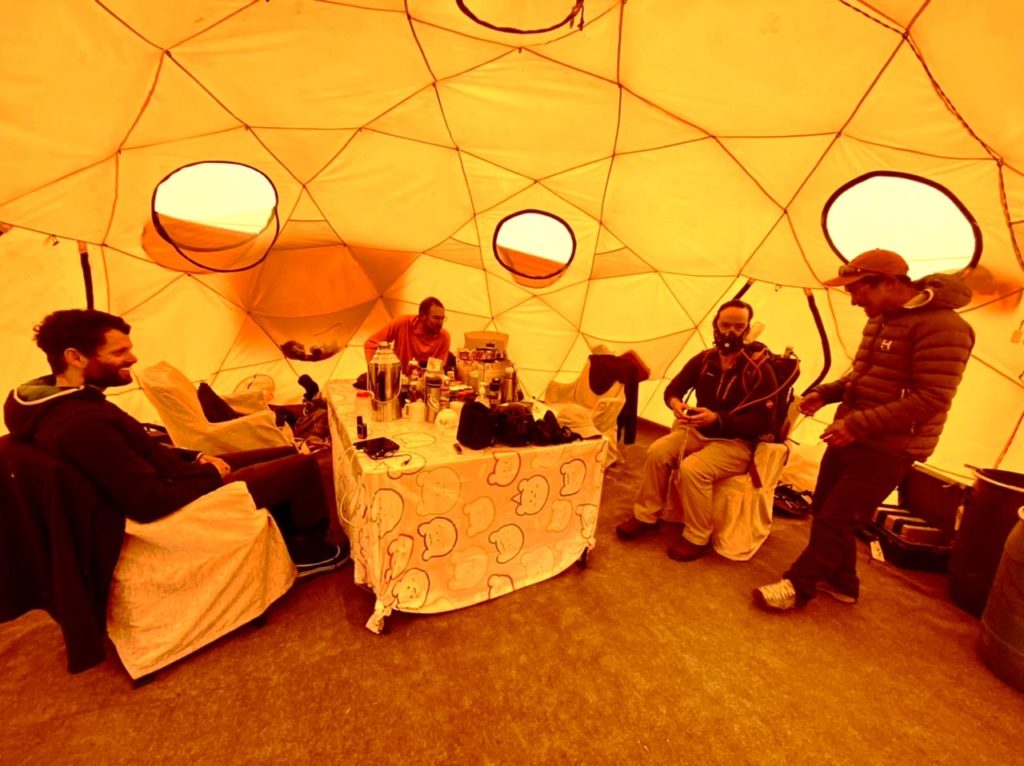
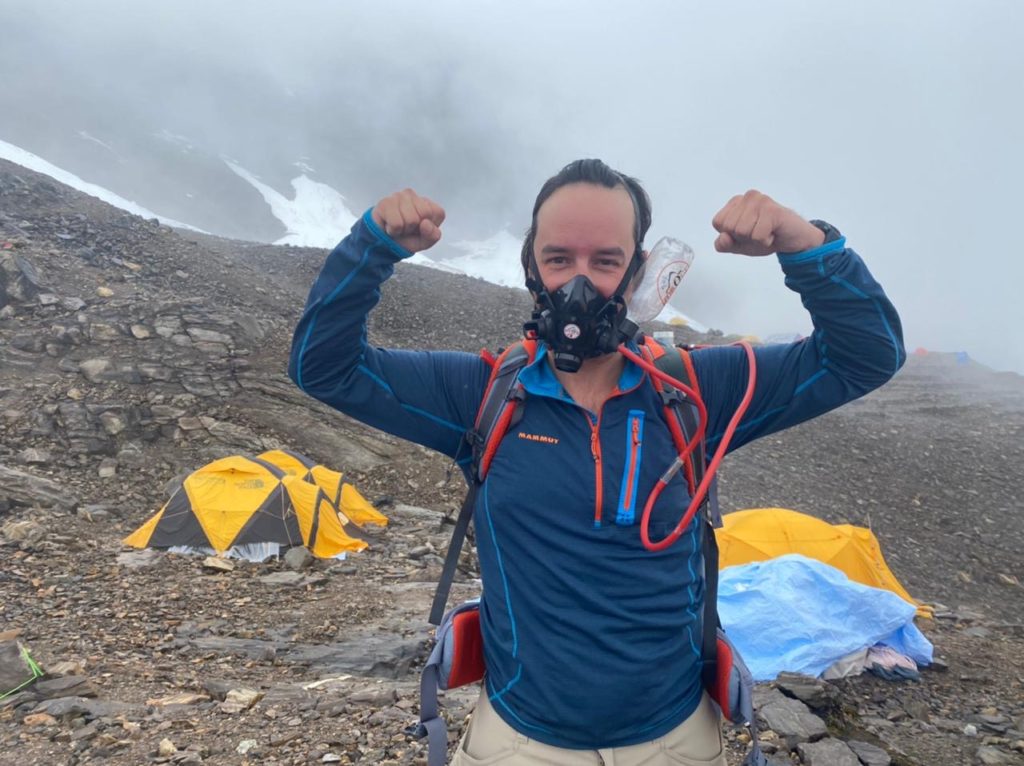


...Basecamp Bliss...
The Manaslu team are chilling at Base Camp recovering and resting and planning their summit bid, living in relative luxury between their dining dome and hang out dome with our Everest chef Kumar whipping up some great meals.
They'll be watching the weather forecast intently now with the long term forecast looking positive. A little precipitation at lower altitudes but overall shaping up for an ideal summit window with low winds and clear skies on the horizon.
Cheers
CTSS Team
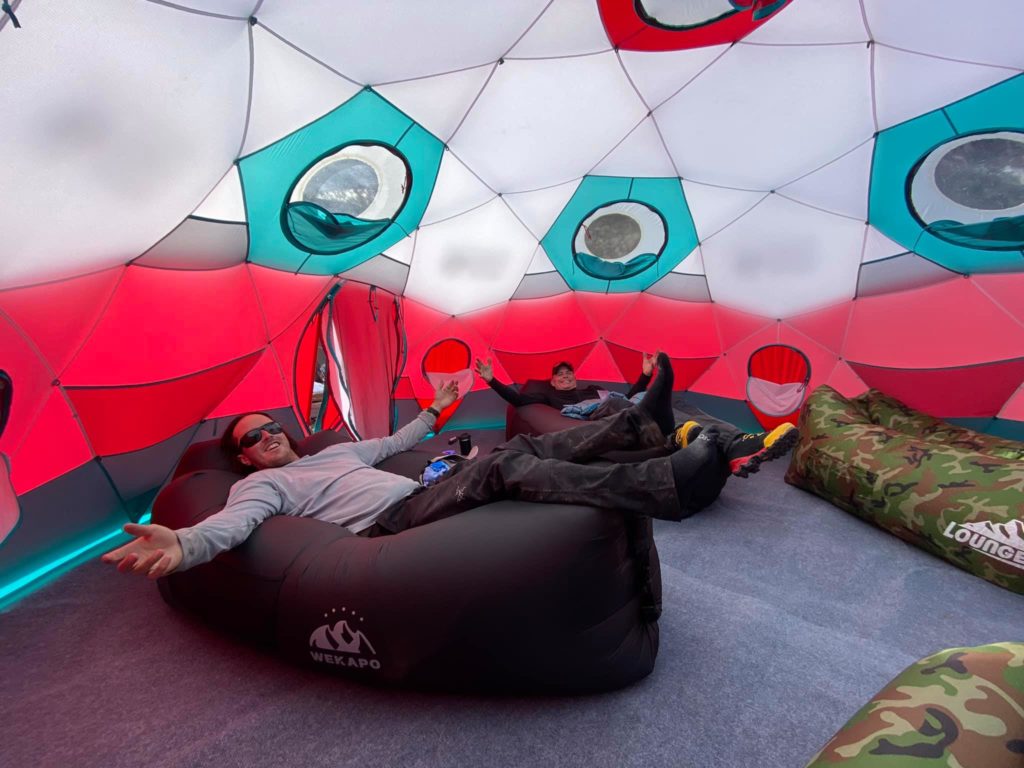
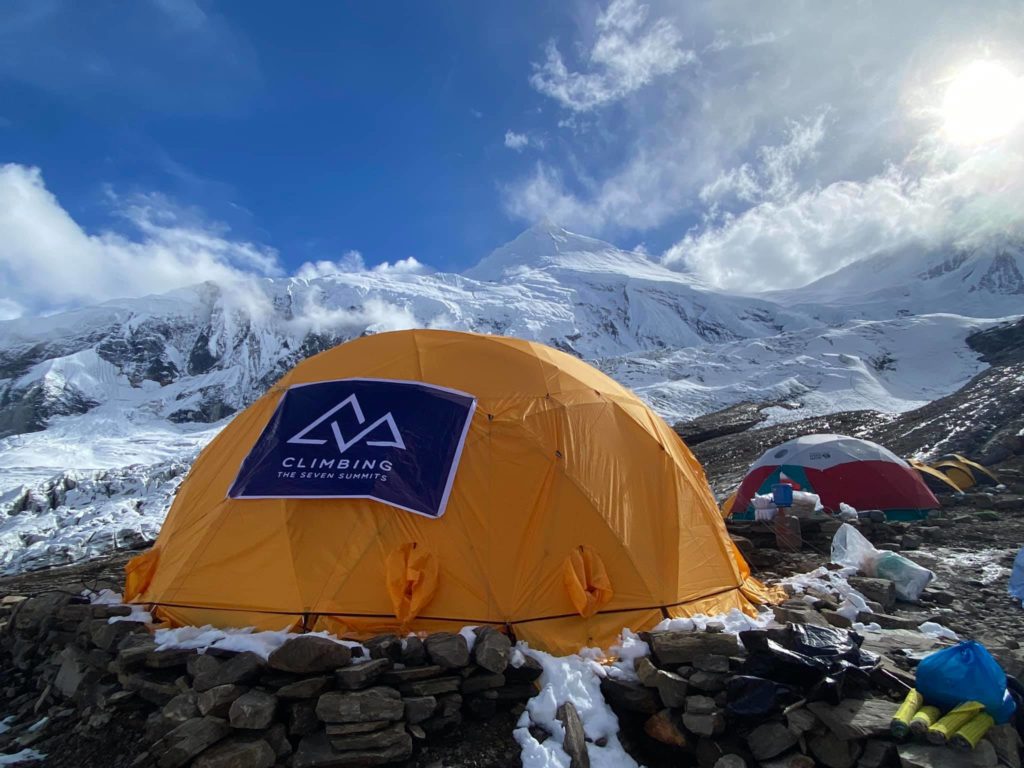

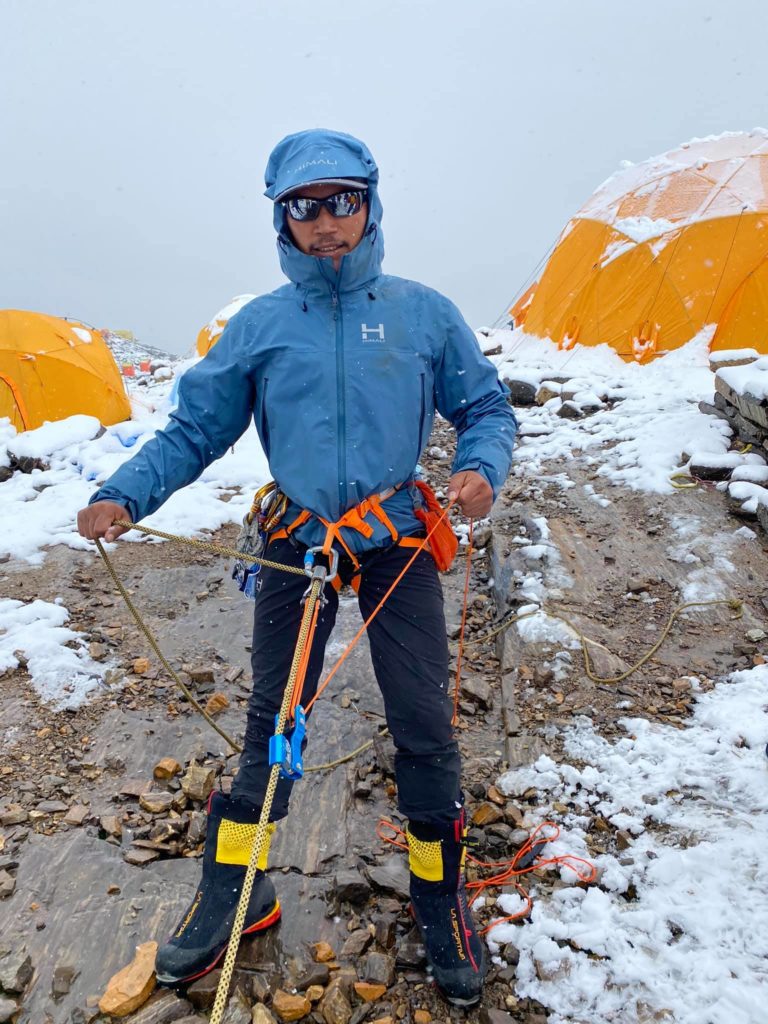


...Second Rotation Complete...
The team have completed a successful second rotation tagging Camp 3 and spending 2x nights at Camp Two. They are now safely back to Base Camp.
They'll enjoy some nice weather over coming days as they rest and ready themselves for their upcoming summit bid.
Once the ropes are fixed and the weather allows our team will begin their move to the top of Manaslu.
Some great pics from Guide Tendi.
Cheers
CTSS Team
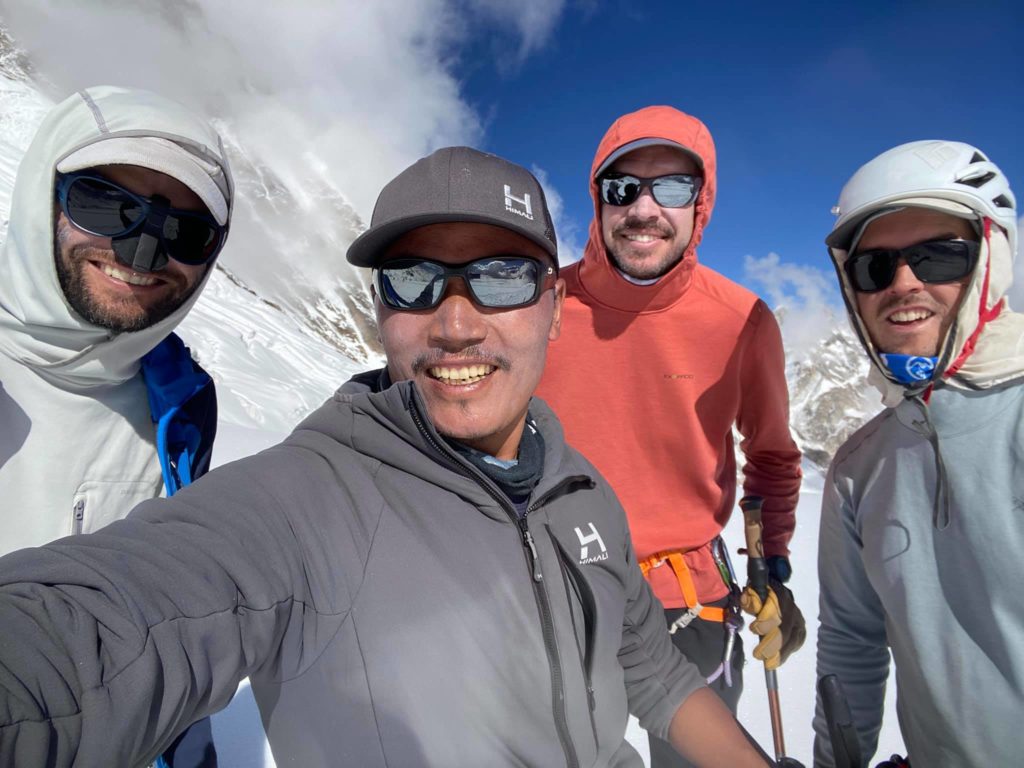


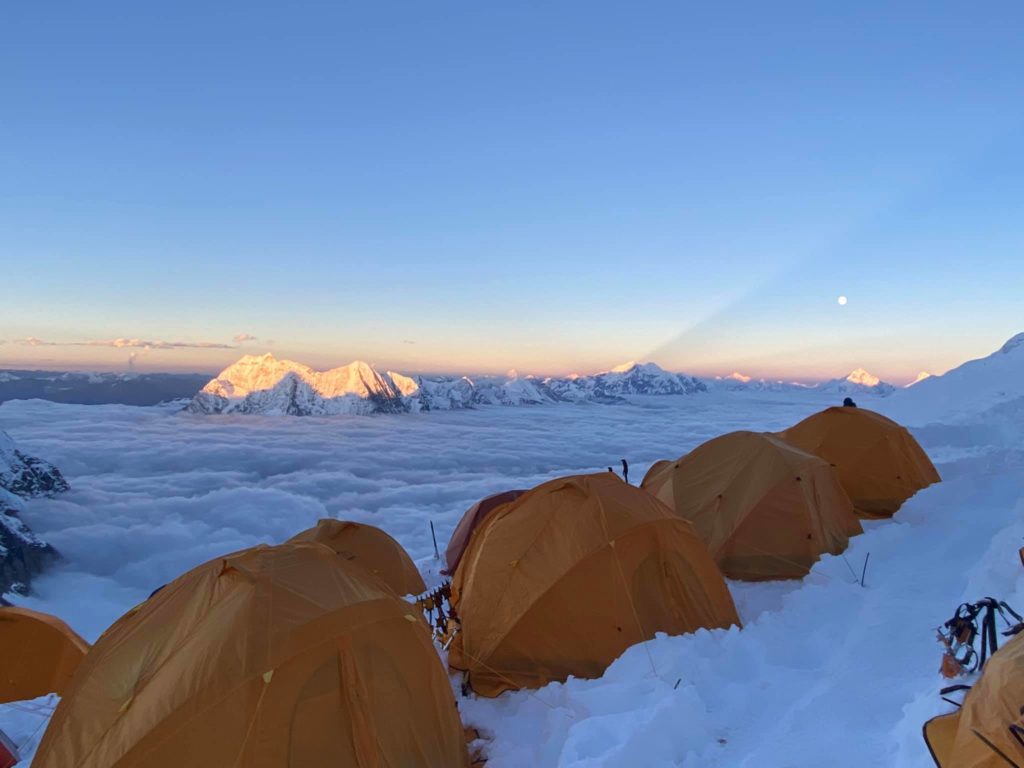
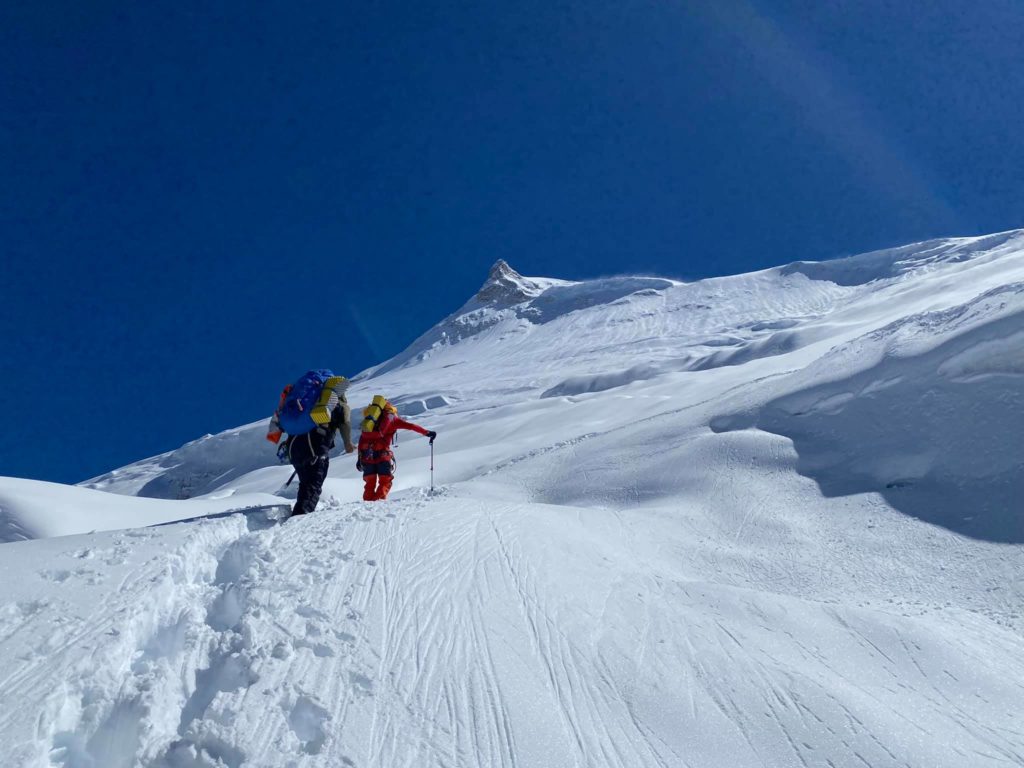

...Manaslu Team on the Move...
Today the team are moving up to Camp 1 on their second rotation, it's a little damp but worth pushing through a bit of cloud for the clear weather window that lies ahead in coming days.
The plan is to sleep at Camp 2 for two nights, (the 18th & 19th) climb upward to Camp 3 and spend the night of the 20th there, before dropping back to Base Camp on the 21st.
Upon completion of this rotation, they will be ready for the summit bid and well acclimatised. Back at Base Camp, they'll spend a good few days resting, preparing and packing before picking their summit window and going for it.
Team is strong, healthy, happy and doing great! We'll keep you updated on their progress.
Cheers
CTSS Team
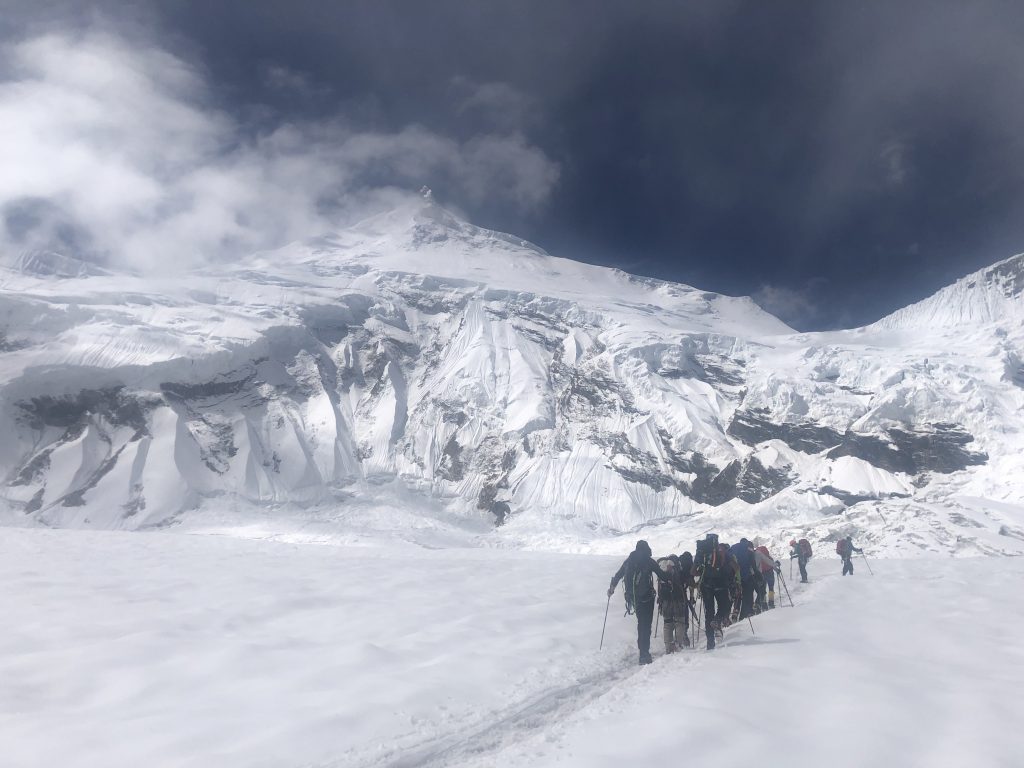
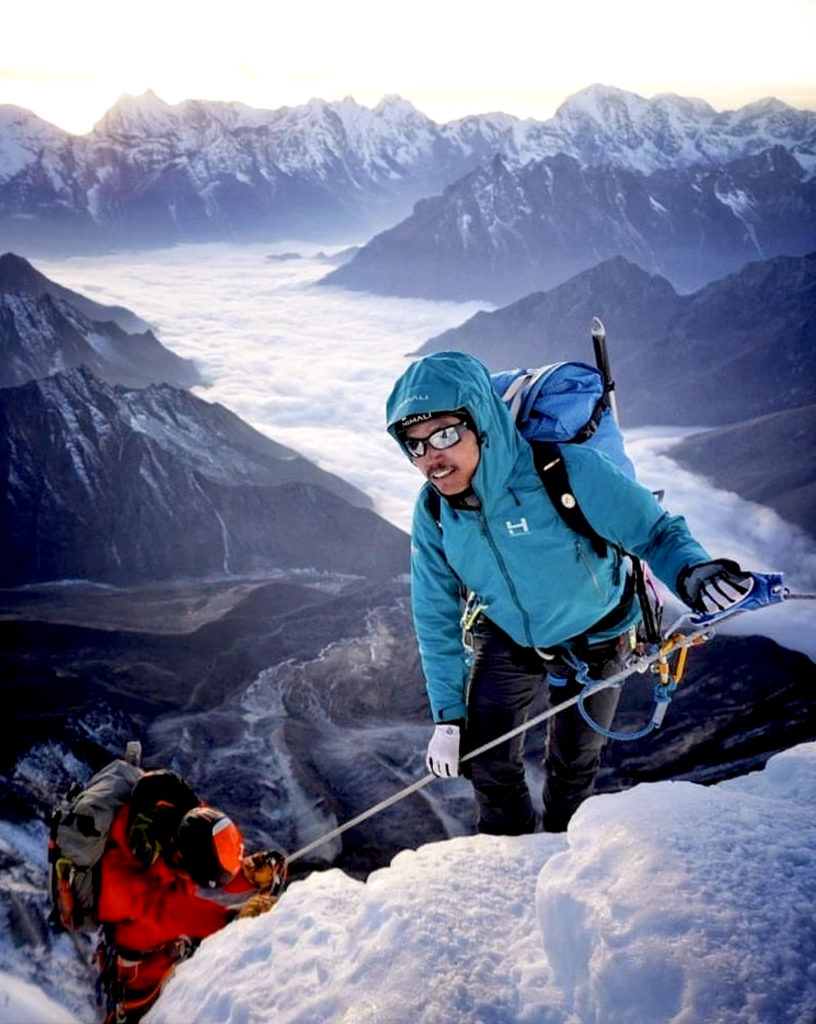 a
a
...ZZZzz at Camp 1...
The team are back safely at Base Camp resting after their first successful rotation up the mountain.
They slept soundly at Camp 1 and reported climbing strong and feeling great. They had spectacular weather, picking it perfectly before the rain settled in at Base Camp upon their return, so it's a good opportunity to rest and recover eat some of Chef Kumar's delicious food.
The plan is to start their second rotation tomorrow if the rain eases (or take another rest day)
Their second rotation will see them back to Camp 1, then moving beyond to at least to Camp 2, possibly even Camp 3. They will spend 3x nights up high before dropping back down again.
Cheers
CTSS Team
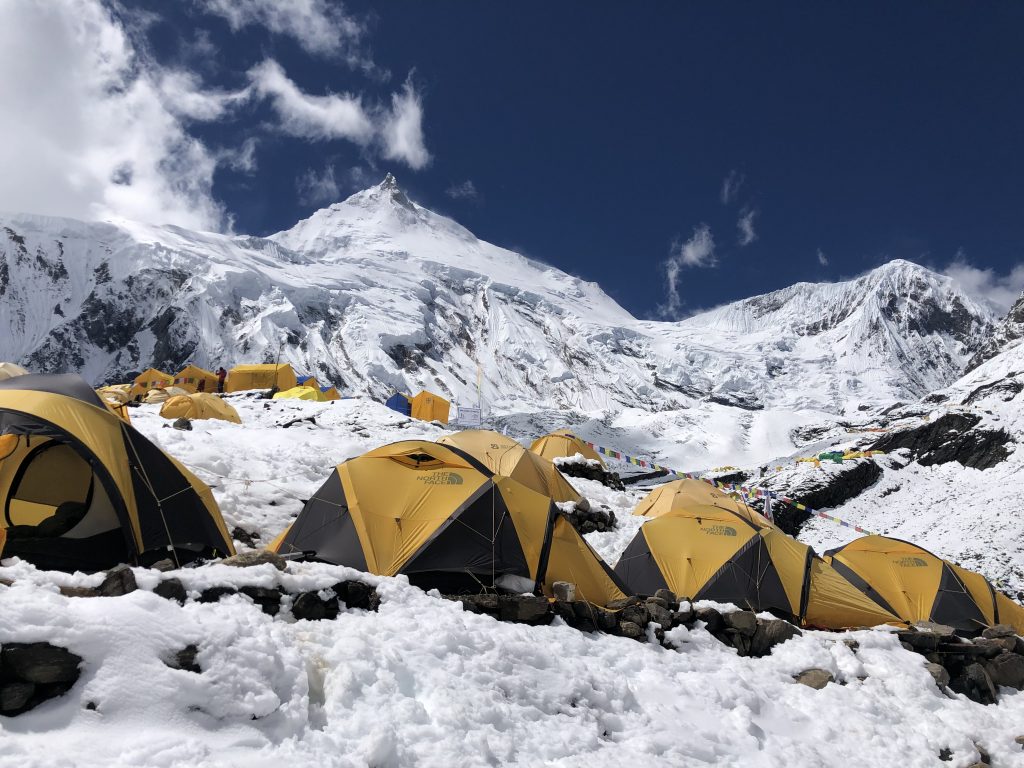
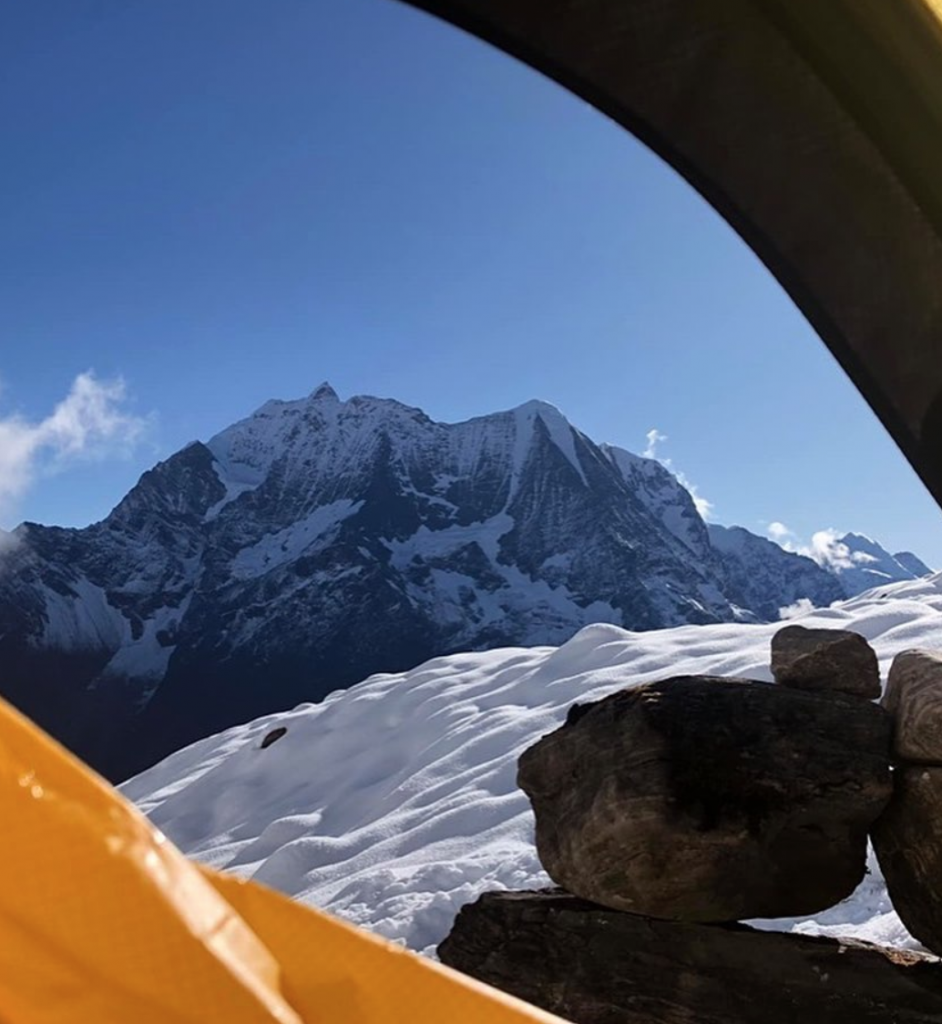
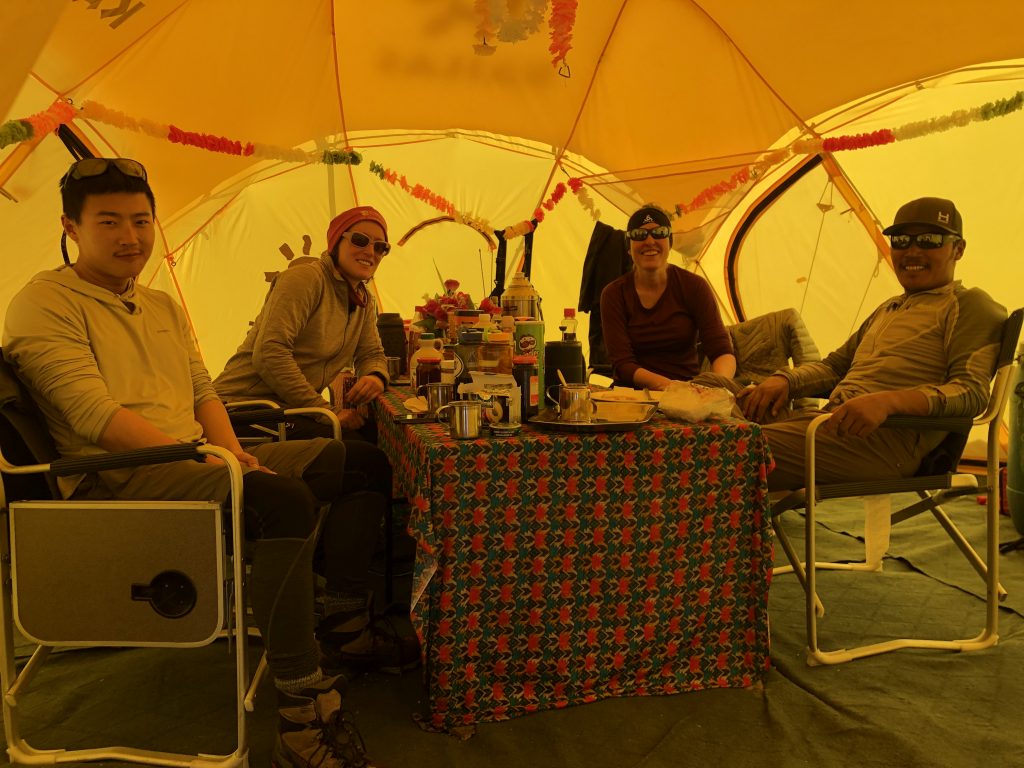
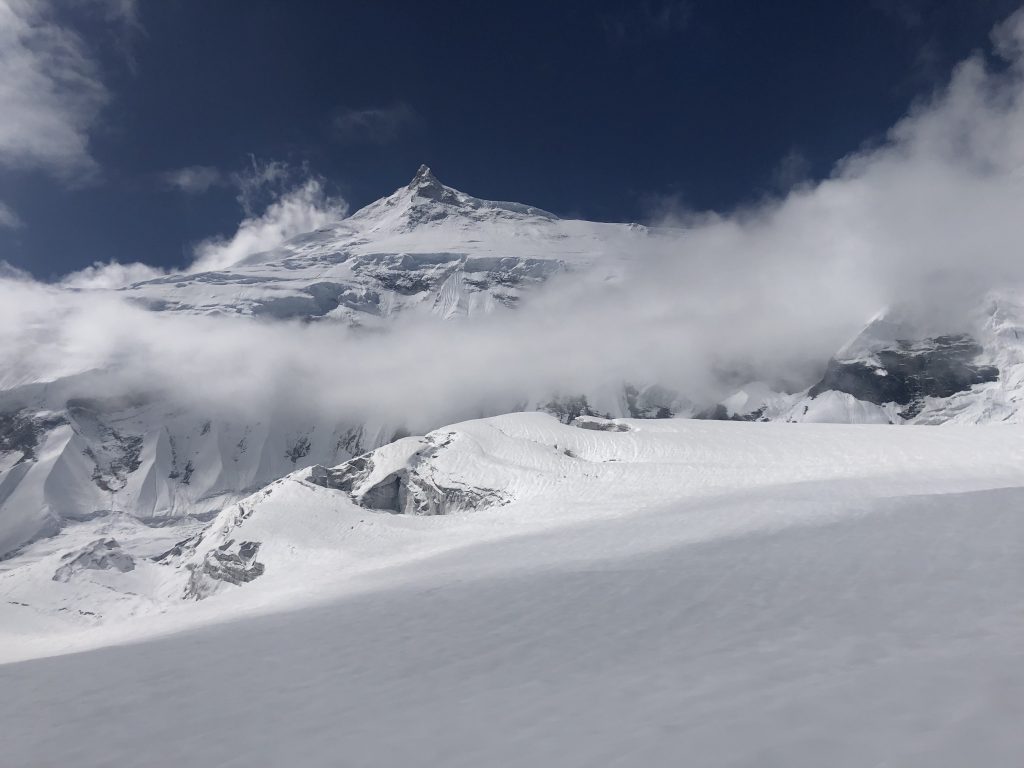
...Puja & Progress on Manaslu...
Our team at Manaslu is moving up.
They held their Puja (blessing ceremony) as planned on the 12th September. A Tibetan Buddhist ritual, the purpose of the Puja is to ask the mountain deity for safe passage. Following the Puja, the team can begin their climb and in celebration made a foray halfway up to Camp 1 to acclimatise and further stretch the legs.
Today they are heading up to 6000m and taking advantage of this nice little weather window we have 13th & 14th by sleeping at Camp 1 before dropping back down to Base Camp tomorrow.
The route to Camp 1 traverses a fairly gradual glacier with a steeper section just below camp, perched on a ridge at the foot of where the real climbing begins in earnest.
Their plan is to rest for at least a day or two back down at Base Camp before progressing again up the mountain.
All safe and well on Manaslu.
Cheers
CTSS Team
